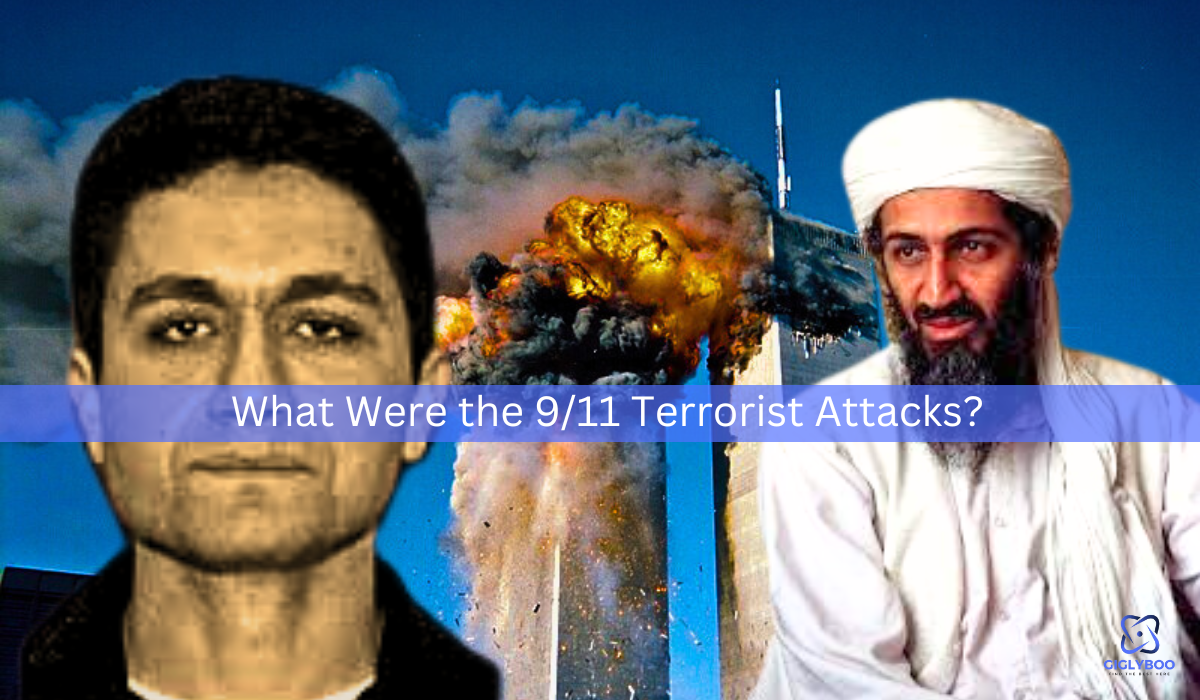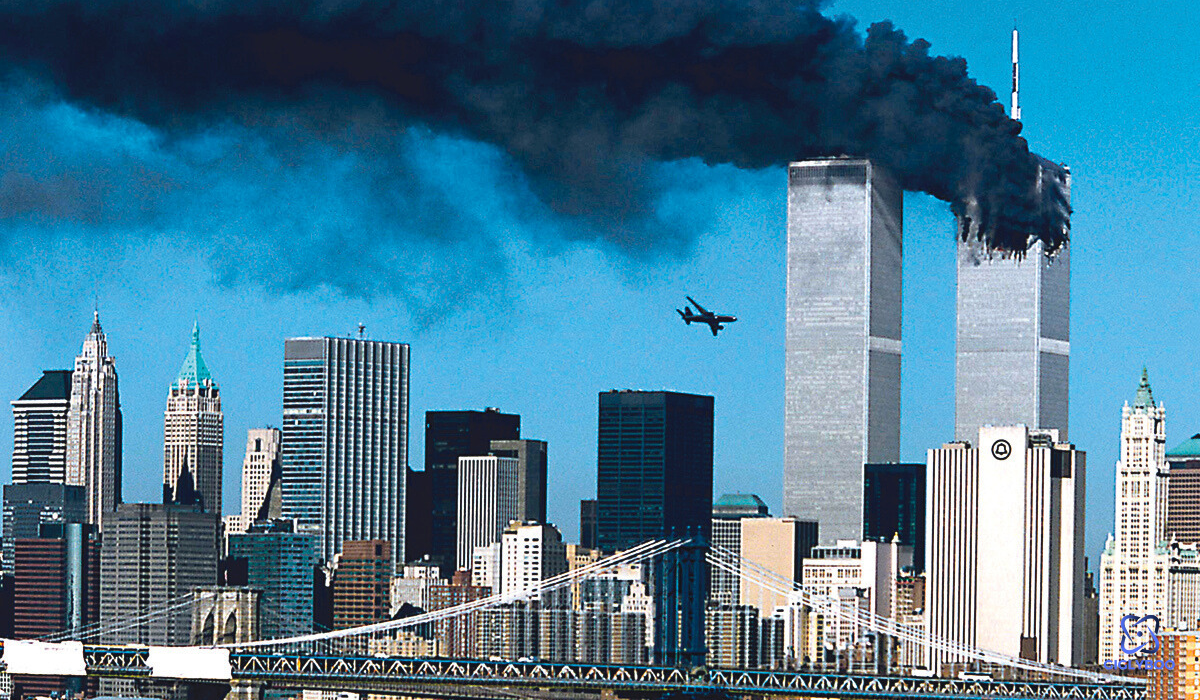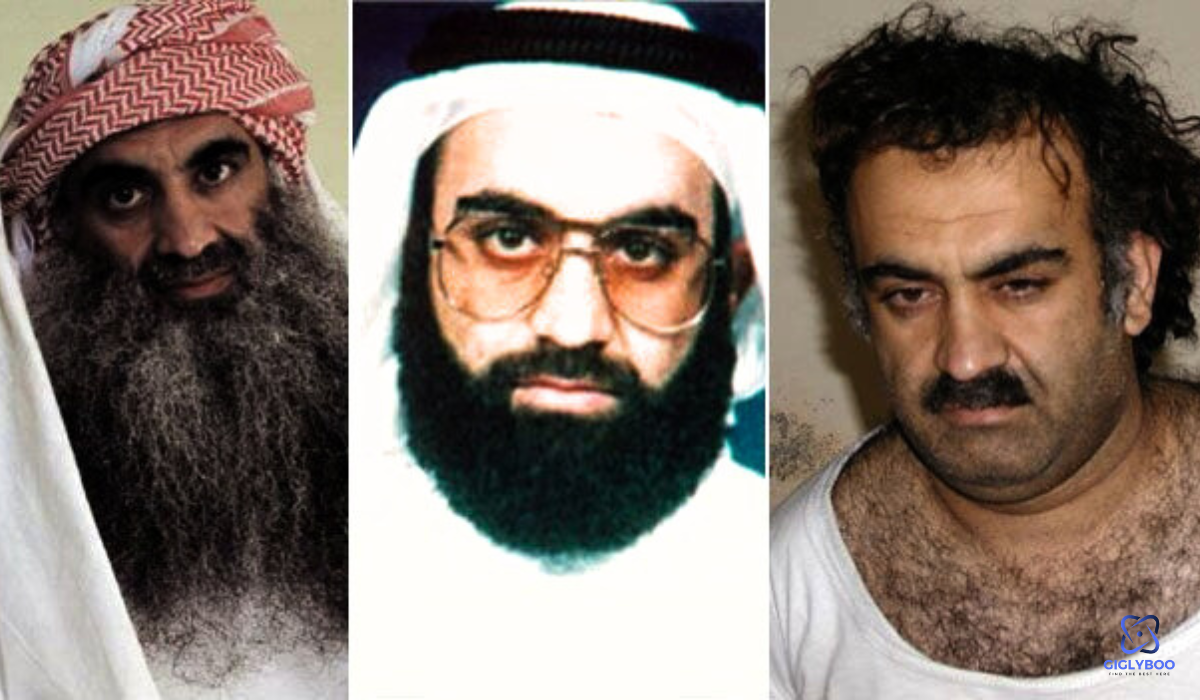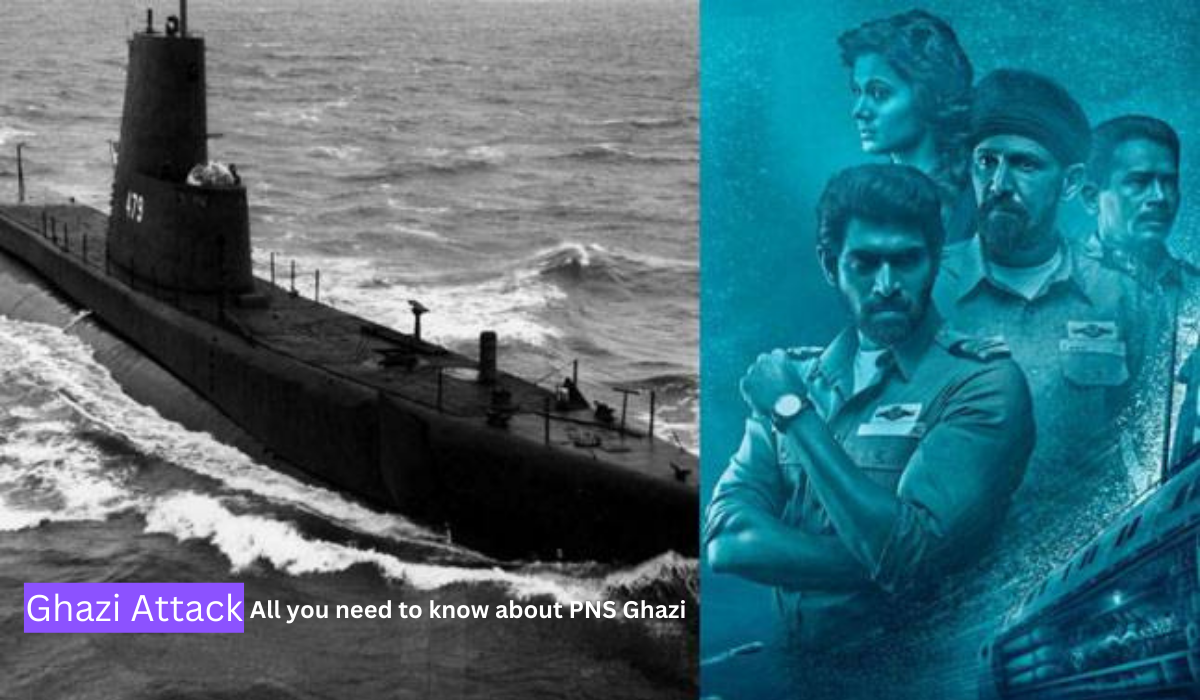
The events of September 11, 2001, commonly known as 9/11 Attacks, were a series of coordinated terrorist attacks that had a profound impact on the world. In this simple guide, we’ll break down what happened on that day, explore why it occurred, and discuss the lasting changes it brought about.
The 9/11 Attacks: What Happened?

On that Tuesday morning, terrorists hijacked four airplanes. Two crashed into the Twin Towers of the World Trade Center in New York City, causing their collapse. Another plane hit the Pentagon in Washington, D.C., while the fourth crashed in Pennsylvania after passengers fought back against the hijackers.
Motives Behind the Attacks: Why Did It Happen?
The mastermind, Osama bin Laden, and his group, al-Qaeda, were motivated by extremist ideologies and resentment towards U.S. involvement in Muslim countries. They saw the attacks as retaliation and a way to express their anger.
Impact on Global Politics and Security

After 9/11, the world changed. The United States, under President George W. Bush, declared a “War on Terror.” This led to military actions in Afghanistan and Iraq. Countries worldwide reassessed their security measures, focusing more on intelligence sharing and counterterrorism efforts.
Changes in Domestic Policies
In response to the attacks, the USA PATRIOT Act was enacted, granting broader surveillance powers to law enforcement. Airport security was overhauled, introducing stricter measures that we still see today during travel.
Economic Fallout and Rebuilding
The economic consequences were significant. Financial markets were disrupted, and the global economy faced challenges. Rebuilding efforts, especially at Ground Zero in New York City and the Pentagon, symbolized resilience but also highlighted the costs of terrorism.
The Ripple Effect on Civil Liberties
The aftermath of 9/11 led to debates about balancing national security and individual liberties. Measures aimed at preventing future attacks sparked discussions about privacy and the potential erosion of civil liberties.
Conclusion
The impact of 9/11 is still felt today. It changed the way nations approach security, influenced policies, and prompted ongoing discussions about the delicate balance between safeguarding citizens and preserving individual freedoms. As we remember 9/11, it serves as a reminder of the resilience of communities in the face of adversity and the constant pursuit of a safer world.
(FAQs) about 9/11 Attacks
What exactly happened on September 11, 2001?
On that tragic day, four airplanes were hijacked by terrorists. Two of them crashed into the Twin Towers of the World Trade Center in New York City, another hit the Pentagon in Washington, D.C., and the fourth crashed in Pennsylvania after passengers fought back against the hijackers.
Who was behind the 9/11 attacks, and why did they do it?
The attacks were orchestrated by the extremist group al-Qaeda, led by Osama bin Laden. Their motivations were rooted in resentment towards perceived Western interference in Muslim countries, particularly U.S. military presence in Saudi Arabia.
How did the world respond to the 9/11 attacks?
In response, the United States, under President George W. Bush, declared a “War on Terror.” This led to military interventions in Afghanistan and Iraq. Globally, nations reevaluated their security measures, focusing on intelligence sharing and counterterrorism efforts.
What were the immediate changes in U.S. domestic policies after 9/11?
The USA PATRIOT Act was swiftly enacted, granting law enforcement broader surveillance powers to prevent future attacks. Airport security measures were also overhauled, introducing stricter screening processes that are still in place today.
How did the 9/11 attacks impact the economy, and how was the aftermath addressed?
The attacks caused significant disruption to financial markets, leading to a global economic downturn. Reconstruction efforts, notably at Ground Zero in New York City and the Pentagon, symbolized resilience but also highlighted the human and economic costs of terrorism.






